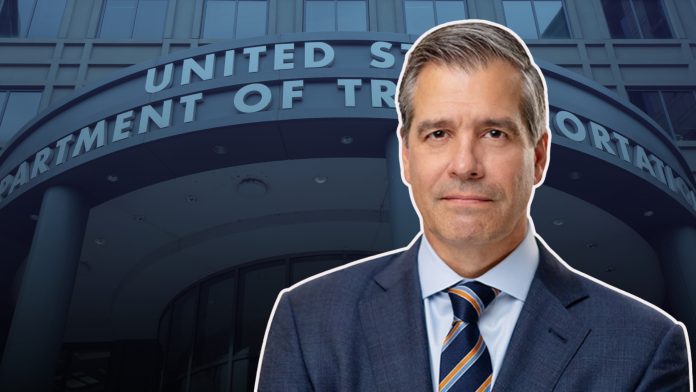Major automakers have criticized the National Highway Traffic Safety Administration (NHTSA), claiming the agency is hindering progress and struggling to keep up with modern technology. The Alliance for Automotive Innovation, which represents companies such as General Motors, Toyota, Volkswagen and Hyundai, outlined these concerns during a recent U.S. House of Representatives hearing. The trade group called for significant reforms, including the repeal of outdated regulations and the updating of dozens of safety standards.
The industry also urged NHTSA to repeal automatic emergency braking rules and ease restrictions on deploying autonomous vehicles without human controls. They argued that a lack of a clear federal framework for autonomous vehicles is stalling innovation. Additionally, they called for a relaxation of fuel economy standards starting in 2027, stating these requirements no longer align with consumer demand or current technology adoption rates.
Traffic fatalities in the U.S. remain a serious concern. In 2024, deaths decreased by 3.8% to 39,345, but remain significantly higher than the 36,355 recorded in 2019. Despite these numbers, NHTSA has struggled to keep pace, often failing to issue regulations even when required by Congress. The agency has also experienced leadership gaps, with prolonged periods without a Senate-confirmed head.
The Insurance Institute for Highway Safety (IIHS), a group funded by the auto industry that advocates for safer vehicles, also testified before Congress. IIHS criticized NHTSA for lacking urgency and using flawed methods that underestimate the benefits of safety technologies. The group pointed to the agency’s refusal to mandate antilock braking systems (ABS) on motorcycles despite evidence showing a 22% reduction in fatal crashes when ABS is present.
IIHS noted that several other countries, including the European Union, the United Kingdom, Brazil, Japan, Taiwan, Australia, New Zealand and India, have mandated ABS for motorcycles. The agency called for stronger leadership and a greater willingness from NHTSA to implement proven safety measures.



